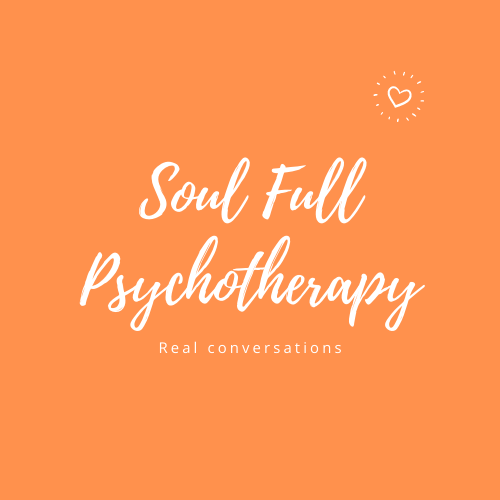What Masking In Neurodivergent Women Looks Like (And Why It’s So Exhausting)
You’ve probably spent most of your life being described as “high-functioning,” “so capable,” or “the one who holds everything together.” But deep down, something doesn’t quite add up. You’re exhausted, overwhelmed, and constantly second-guessing yourself. Sound familiar?
You might be masking—and not even know it.
What is Masking?
Masking is something many neurodivergent women do—often without realising. It’s covering up or camouflaging traits that don’t fit with what’s considered “normal.” That might mean forcing yourself to make eye contact, smiling when completely overwhelmed, mimicking social behaviour, or carefully scripting what you say so you won’t be judged.
It can start early, often in childhood, as a survival strategy. But over time, masking becomes second nature—and incredibly draining.
I remember at work, whenever my boss asked for a meeting about something, I would prepare 37 scenarios so that I would at least feel prepared in some way. I never realised that not everybody did this, and now I understand that my brain was working overtime to ensure that I didn’t feel like a failure (we’ll talk about rejection-sensitive dysphoria in another post!)
Why Neurodivergent Women Mask (and Why It’s Often Missed)
Many women with ADHD, Autism or AuDHD, especially those in their forties and fifties, have spent decades blending in. Social expectations, gender roles, and internalised pressure to “get it right” can make masking a default setting.
Because neurodivergence—like ADHD or autism—has long been under-recognised in women, the signs often go unnoticed or mislabelled as stress, menopause, or “just being a bit sensitive.”
We can hold it together, to a point but when the amount of plates that we are spinning gets overwhelming, it’s easy to see why everything starts to fall to the floor. For me, it was when peri-menopause hit. The changes in hormones, and my own lack of understanding about menopause meant that I had no energy to mask. The fatigue was crippling and left me on the floor, literally. I was burnt out, internally, externally, emotionally and spiritually.
The Emotional Toll of Masking
On the outside, you might seem “fine.” You get through meetings, school runs, family gatherings, everyday interactions. But inside, there’s a quiet kind of burnout happening. You might feel like you’re constantly performing, like you’re never quite able to relax or just be. It’s hard to describe to anyone who hasn’t experienced it.
Masking over time can lead to anxiety, depression, low self-esteem, and that nagging feeling of “What’s wrong with me?” when really—nothing is wrong. You’ve just never had the space to understand your brain on your own terms.
How Therapy Can Help You
In therapy, you don’t have to mask. It’s a space where you can explore who you are underneath the coping strategies. We can look at patterns, connect the dots, and build new ways of living that feel more aligned with how your brain works—not how you’ve been told it should work. It’s a place where we can acknowledge the job that the masks have done in trying to keep us safe in a neurotypical world, and we can thank them, and lay them to rest.
Free 15-Minute Discovery Call
I offer a free fifteen-minute discovery call if you’re wondering whether therapy might be the right next step for you. There’s no pressure—just a warm, welcoming space to chat about what’s going on and how I might be able to help.
You can book your call here.

0 Comments